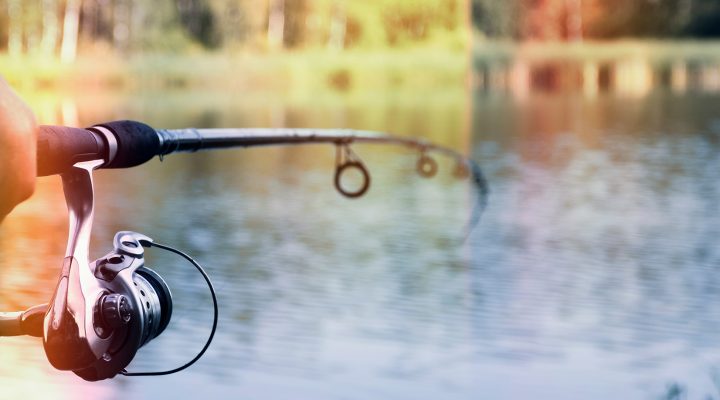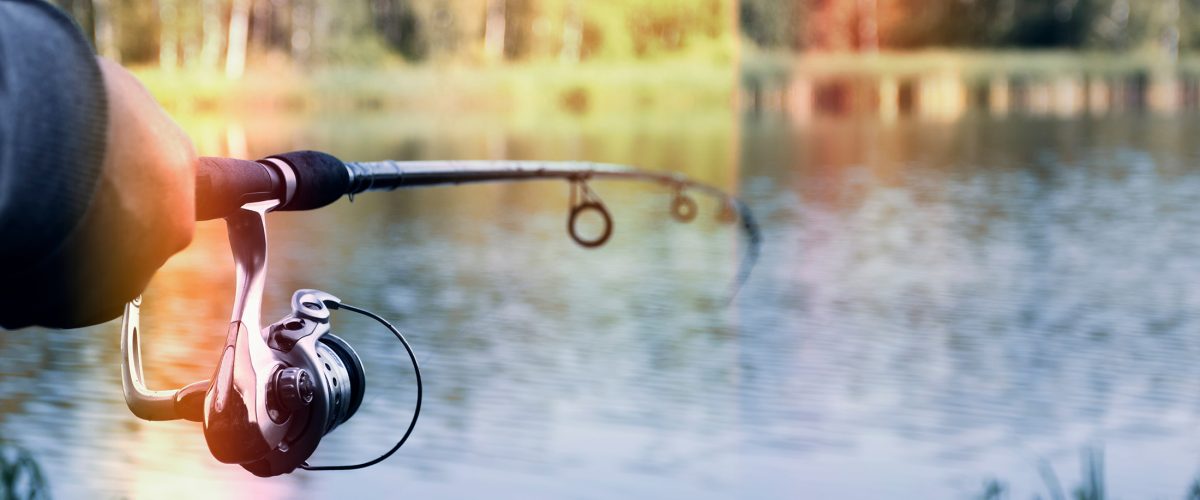Recently I came across an excellent article in Baptist News Global about cooperation (or lack thereof), among Southern Baptists in how we present Jesus Christ as the only hope for the spiritually lost and dying residents of our planet.
Derek Crawford, its author, is a friend and prayer partner who reached out to me after publication of my own BNG article “The Southern Baptists Left Me.”

Joe Marlow
Toward the conclusion of his article, Derek writes: “We learn from those who came before us. I humbly ask former Southern Baptists to share your stories with readers of Baptist News Global. Consider a few questions: What was your upbringing in the SBC? What are your fondest memories of Southern Baptist life? When did you know it was time for you to move on? What wisdom do you have for those in the SBC attempting to navigate the waters of emerging fundamentalism?”
This article is my humble attempt to respond to those questions. My caveat to the reader is that my SBC experiences are unique and are not meant to be a universal solution in how to respond to fundamentalism within the SBC.
First, I did not grow up in a Christian home. Alcoholism and divorce were rife in my family. Partly as a result of that, I moved 18 times during my childhood and youth. Despite the efforts of my youth director in the local Methodist church, I left town for the University of Oklahoma an agnostic. At the university I became “soul lonely,” as I did not have a vision for my life. That is, until two students from the Baptist Student Union came to the dorms and began to share Jesus. Several weeks later, on March 14, 1969, I became a Christian.
“This article is my humble attempt to respond to those questions.”
I began attending First Baptist Church of Norman, Okla., and then I started attending First Southern Baptist Church of Del City, Okla., a growing megachurch in the Oklahoma City suburbs. There I was baptized by John Bisagno, a famed evangelist and pastor of the 1960s and ’70s; met a spunky coed with a winsome smile who became my girlfriend and future wife; and had Jimmy Draper, future president of the Baptist Sunday School Board (now Lifeway) officiate at our wedding.
Enlisting in the Army after college, I was stationed at Fort Riley, Kan. Living in nearby Junction City, we joined First Southern Baptist Church there. Our daughter was dedicated to our Lord in that congregation.
Transferred to Germany, we had the base chapel in which to worship. Then we found a Baptist church in the neighboring city of Aschaffenburg in which to invest our lives. Pastor Charles Truitt and his wife, Virginia, welcomed us and we became fast friends. Aschaffenburg Baptist Church was a member of the European Baptist Convention, which ministered to American military families and civilians, and numerous nationalities of people. At Aschaffenburg I served as Sunday school director, a deacon and interim pastor. I received the call to ministry there and was ordained to the ministry.
Returning to the U.S., I enrolled in Midwestern Baptist Theological Seminary in Kansas City, Mo. After two years, I received the master of religious education degree. I enjoyed the learning opportunities offered by Midwestern as well as the friendships I had as a student. We also joined a neighboring church.
With degree in hand, I went off to serve four churches on staff primarily as a minister of education in Maryland, Virginia and Missouri. Our daughter and son were baptized in two of these congregations. Along the way, I also studied for and received the doctor of ministry degree from Midwestern in 1993. That same year, I resigned from my church position to pursue other possibilities. I did interim and part-time preaching and teaching, consulting and writing as well as entering public education. I retired as an elementary school principal in 2015. My wife and I are now members of a large SBC church in the suburbs of Kansas City, Kan.
“My fondest memories of these SBC experiences are the friendships that have endured through the decades.”
My fondest memories of these SBC experiences are the friendships that have endured through the decades and the family memories of the good times. One example is First Southern Baptist Church of Junction City. After Sunday evening services, my wife and I would cook grilled cheese sandwiches and break out the Cheetos to eat while we watched Firing Line with William F. Buckley Jr. When our daughter was dedicated at the church, another couple also had their daughter dedicated. Not only was that couple friends with us in Junction City but also during our seminary days while the husband was a student at nearby William Jewell College and during our first Maryland stay while the husband played in the U.S. Army band at nearby Fort Meade. And then last year the wife visited my daughter in California when she was being treated for brain cancer, which more recently ended her earthy existence.
In our daughter’s nearly two-year battle with cancer, we were blessed with the eclectic group of Christians who rallied around us with prayers, encouragement and other support. I had old friends like high school classmates, new friends like Derek, Oklahoma farmers, suburbanites, believers from Myanmar, a theologian from Wheaton College, and the two Sunday school classes my wife and I are members of.
This experience leads me to lessons I have learned from my SBC experiences that are shareable:
- Christianity is larger than the SBC. And Christianity cuts through denominations, families, cultures and politics. One Christian friend of mine is the Democratic Party chair of his county; another is an ex-SBCer who is active in another denomination and still another labels himself a progressive. We focus on what unites us, not what divides us.
- Too often the SBC majors on the minors like female pastors. Where’s the passion to end male pastors sexually abusing and harassing girls and women, and to focus on reaching what the late Reynolds Price describes as the “outcasts, the whores and cheats, the traitors and killers, the baffled and stunned, the social outlaw, the maimed and hideous and contagious?” Or the homeless and the migrants?
- While I no longer consider myself a Southern Baptist because of the female pastor issue, I do belong as previously mentioned to an SBC church. It has inspiring music, insightful preaching, solid Bible teaching, warm fellowship and evangelistic efforts and missions throughout the Kansas City area, around the U.S., to Canada, in Latin America, Africa and Asia. This self-described Baptist with anabaptist leanings will not leave an SBC church over a few differences of belief.
Bottom line: I am ready to join Derek fishing. How about you?
Joe Marlow is a theologian, historian, consultant and writer. His first book Javelin Joe’s Reflections: Confessions of a Sojourner and Pilgrim on this Planet is due Labor Day. He lives in Olathe, Kan., with his wife and White West Highland Terrier.


